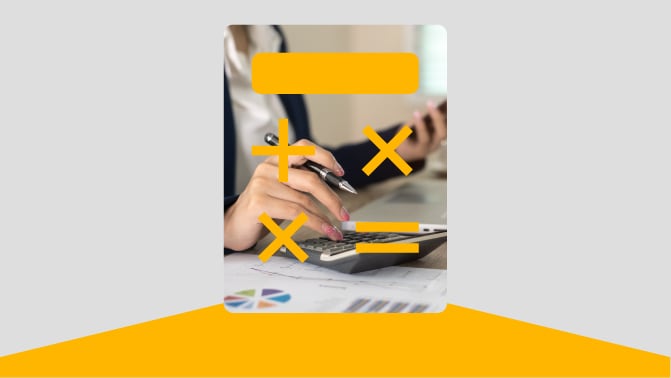
In 2023 you can depreciate ‘at random’, read the conditions
29/12/22
In 2023, a maximum of 50 per cent of the acquisition or production costs of newly designated business assets may be depreciated at random. This previously announced scheme for at-random depreciation of assets in 2023 has been published with the Year-end regulation 2022 of 27 December 2022.

What does this mean for your business?
In 2023, you can depreciate certain assets at random up to 50 per cent of the production costs. Below you will find the conditions that you must meet for this. If you planned to make another investment at the end of 2022 that would qualify for at-random depreciation, you may want to consider deferring the investment.
Main points of at-random depreciation
The regulation only applies if you entered into the obligation to purchase in 2023 or if the production costs were incurred in 2023. For corporate income tax and income tax purposes, you can then apply one-off at-random depreciation of up to 50 percent on qualifying assets. You must then depreciate the remaining book value in subsequent years on a regular basis.
Operating assets qualify when they "have not been put into use before, insofar as the taxable person has entered into obligations with regard to the purchase or has incurred production costs with regard to the production in the calendar year 2023, and the operating asset was put into use by him before 1 January 2026 is taken."
The regulation is designed along the same lines as the at-random depreciation measure in 2013 and the full details can be found in the Implementation Regulation on arbitrary depreciation 2001 (Chapter 4, Section 3).
Excluded operating assets
Certain operating assets are excluded:
- buildings;
- ships; note: this is a change, in 2013 only houseboats were exempt, now all ships are exempt from at-radom depreciation and therefore also seagoing vessels;
- aircraft; note: this is an extension of the regulation in 2013;
- mopeds and motorcycles;
- passenger cars that are not intended for professional road transport, with the exception of passenger cars whose vehicle registration shows that the CO2 emissions are 0 grams per kilometer;
- intangible assets;
- animals;
- roads and paths open to public driving or other traffic;
- assets intended to be made available – directly or indirectly – mainly to third parties, with the exception of assets intended to be used for a short period of time leased to successive tenants; and
- assets that are already depreciated arbitrarily (concurrence with, for example, VAMIL cannot therefore occur).
Impact financial statements
As a result of the application of the discretionary depreciation rules, temporary differences could arise between the carrying value of the assets and their tax base. As a consequence, a deferred tax liability will likely need to be reported.
Gerelateerde content


Familiebedrijven
Een strategie vinden die aan uw zakelijke wensen voldoet maar die ook past bij de normen en waarden van uw familie. Wij kunnen u daarbij helpen.

Tax
Fiscaliteit binnen organisaties ondergaat een transformatie die vraagt om moderne processen en een herdefiniëring van de rol van tax binnen uw bedrijf.

















